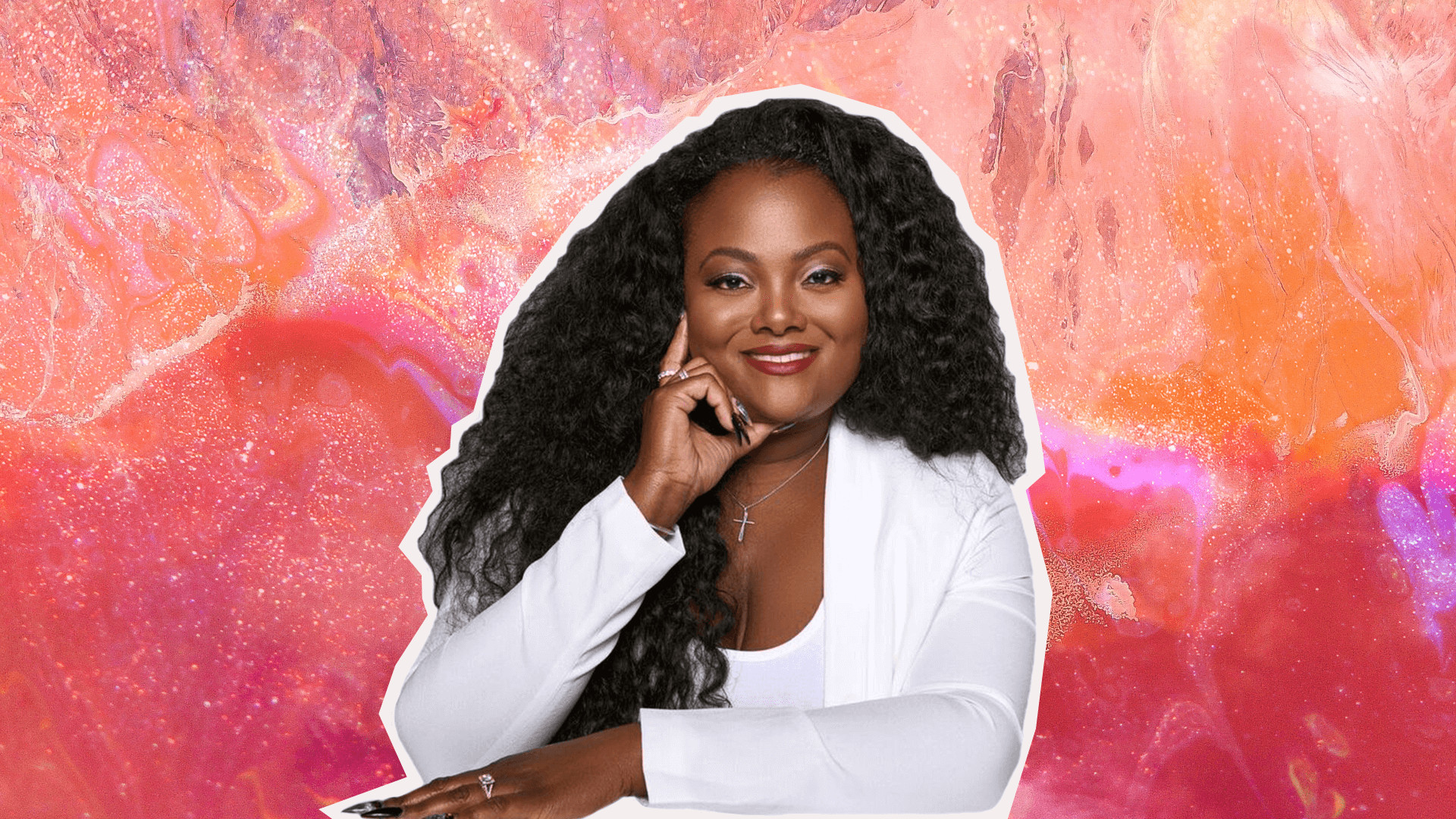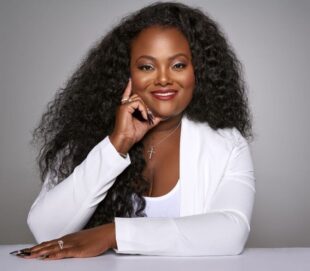Black consumers in America spend $1.2 trillion each year on hair care. Yet, the hair industry remains one of the most segregated in our country. This systemic, structural and institutional racism within the hair industry came to surface this past summer.
Public outrage at the murder of George Floyd spilled over to the beauty industry, and brands were shook. It posed the question for all to answer: “Do Black lives really matter?”
In response, I took to social media to share my experiences with racism in the industry and received an incredible amount of feedback from other Black stylists with all-too-familiar stories.
As Black beauty professionals continued to share their experiences, top brands scrambled to answer the call to action. They struggled to maintain Black consumers who, according to HypeHair, spend nearly nine times more than our non-Black peers. Many of these corporate initiatives were short-lived, and the same corporations have since gone back to their regularly scheduled programming.
Inclusion has been a long fight for Black people. Across industries, we have always fought to have the same opportunities as our white peers. What was once a silent fight now has a voice.
With platforms like #BlackColoristsMatter, we are finally being heard. But, this is only the beginning as we embark on our journey to bring unity in the hair industry — including the classroom, among stylists and salon owners and in corporate board rooms.
Discrimination in the beauty industry begins way before one goes behind the chair. It starts when beauty schools fail to educate on ethnic/ textured hair. There is hardly any curriculum geared toward textured hairstyling in cosmetology schools. As a result, students graduate and work at salons where their colleagues run to the back when a client with textured hair walks through the door. Implicit bias exists far too often in these spaces. Black stylists are often discriminated against because we do not have the same type of hair as non-Black clients. It is their belief that we are incapable of styling their hair, when we are highly trained and skilled in it.
But, whose job is it to stop this cycle?
Racism is a driving force within the hair industry. Black beauty professionals are not given the same resources because of the lack of inclusion. Our artistry isn’t acknowledged or celebrated. Manipulating textured hair, transforming it from kinky to smooth and maintaining its integrity during coloring is a skill that we work twice as hard to achieve. No longer will Black colorists be devalued.
I challenge salon owners to diversify their clientele. Promote yourself as a multicultural salon and provide continued education for staff so all races will feel comfortable being serviced by your stylists.
Until Black artists, our work and textured hair overall are treated equally, there will always be a divide in the hair industry. Continue speaking out about inequities and lack of diversity to help brands commit to their efforts toward true equity. The fight for equality shouldn’t be a moment, it’s a movement. Black lives do matter — our livelihood and our artistry.


